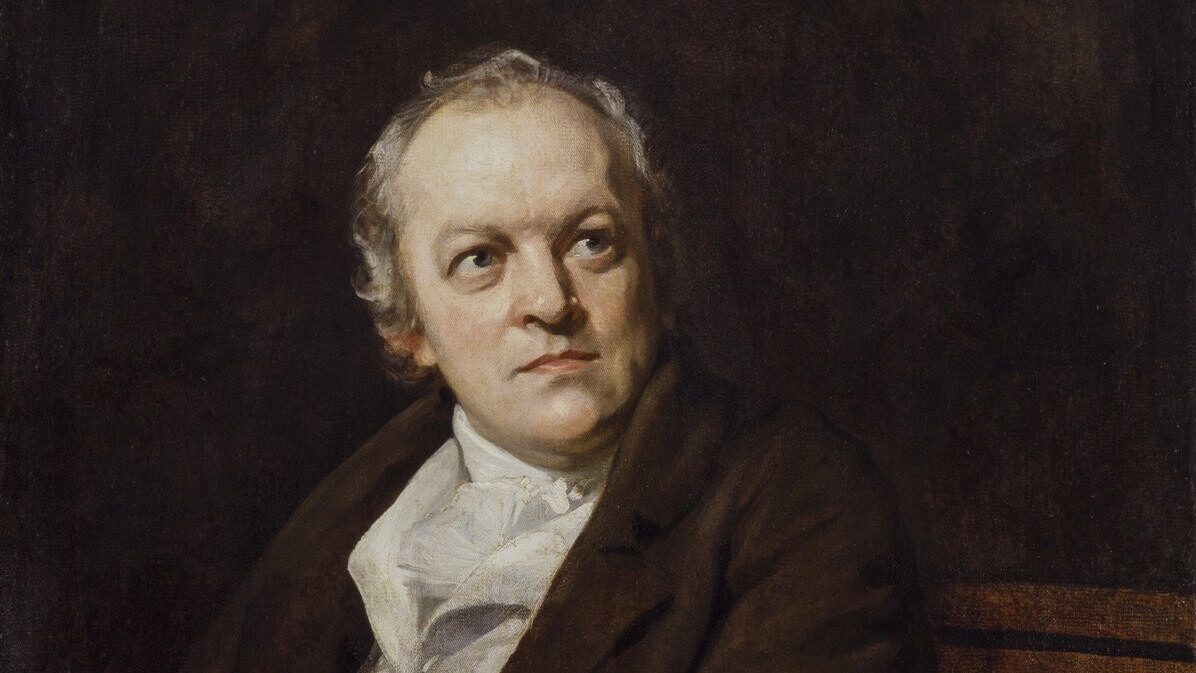Song of Myself (Selected Excerpts)
Whitman’s “Song of Myself” makes a democratic, embodied lyric — a capacious voice that invites contradiction and communion.
Blueberries
Neighbors trade lively talk over a bumper crop in “Blueberries,” where burn, botany, and community meet.
Revelation
In “Revelation,” Frost explores our need to hide and to be found, turning speech itself into a form of revelation.
The Vantage Point
From solitude, Frost’s “The Vantage Point” looks upon life and death, then turns to the living earth for quiet belonging.
Going for Water
A twilight errand becomes enchantment in “Going for Water,” where nature and imagination coexist in quiet wonder.
The Tuft of Flowers
In “The Tuft of Flowers,” a mower’s act transforms solitude into fellowship, joining labor and grace through nature.
Love and a Question
A stranger’s arrival tests a bridegroom’s compassion and fidelity in Frost’s haunting moral parable “Love and a Question.”
A Late Walk
A late-autumn walk ends with a single faded aster “to carry again to you,” turning loss into gift.
Mowing
Frost’s “Mowing” praises labor’s truth over fantasy: the scythe’s whisper makes craft and attention the poem’s ethics.
My November Guest
In “My November Guest,” a personified Sorrow teaches the speaker to love the austere beauty of late autumn.
Ghost House
A ruined homestead becomes companionable in “Ghost House,” where nature and memory reclaim a life quietly.
Into My Own
A youthful vow of independence, “Into My Own” imagines walking into deep woods to become more fully oneself.

